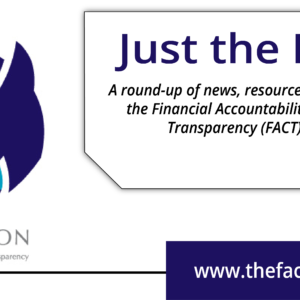
FACT Coalition Mourns the Passing of Senator Carl Levin
he Financial Accountability and Corporate Transparency (FACT) Coalition mourned the passing of Senator Carl Levin of Michigan. Levin, who for many years held leadership positions with the Senate Permanent Subcommittee on Investigations, used his powerful position to investigate money laundering, tax avoidance and evasion, and the many ways in which corrupt actors abused the U.S. financial system for personal gain.





